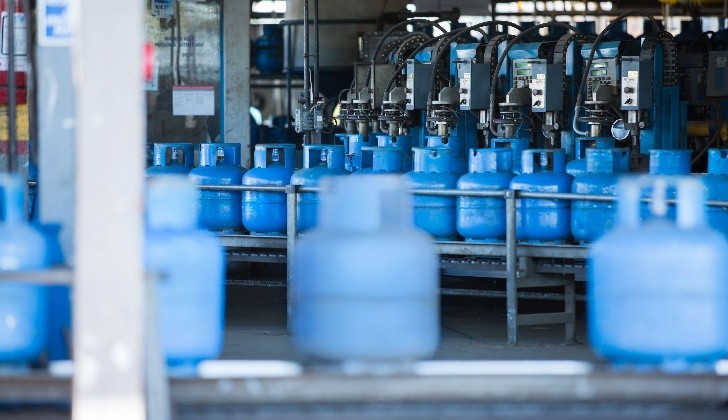Felaban exposes that with inflation there are adverse conditions for the administration of financial assets, among these it hinders treasury income and discourages credit
To curb inflation, central banks have increased interest rates, which weighs down treasury income, discourages credit and sets relative profitability floors for investment projects, which are already declining in the region.
This was warned by the Secretary General of the Latin American Federation of Banks (Felaban), Giorgio Trettenero Castro, who stated that with inflation there are adverse conditions for the administration of financial assets. “The response to inflation has been an increase in interest rates from central banks. This has happened in industrialized countries and in emerging ones such as Latin America”, said Trettenero Castro.
He explained that while the monetary policy interest rates (on average) of 11 countries in the region were 7% in December 2021, the same figure was 15.4% last December.
He added that in 2022, the trend of greater volatility in the prices of financial assets became noticeable, as well as higher financing costs for the economy in general.
“All without exception, households, governments, companies, face financial costs of a greater depth than just 12 months ago. This, of course, weighs down treasury income, discourages credit and sets profitability floors relative to investment projects, which are already declining in our region,” he said in his opening speech at the XXXVIII Latin American Congress of Foreign Trade (CLACE), organized by the entity and the Association of Multiple Banks of the Dominican Republic (ABA).
He indicated that in view of this panorama, the important thing is to be able to take the necessary measures to resolutely face these difficult environments.
He expressed that as short-term tasks, structural changes must always be added and trade must be a source of growth.
He added that the export composition must go beyond the borders of primary goods. “. According to ECLAC and its 2022 world trade report, external sales of goods that incorporate high technology are only 11% of total exports. On the contrary, the sales of basic goods represent 36% of the total exported in the region”, he highlighted.
Creative industry, services, Internet commerce grow in the DR, says Bisonó
Over the past five years, the country’s creative industry (orange economy) has contributed around 1.5% of GDP and 12% of total employment, revealed yesterday the Minister of Industry, Commerce and MSMEs, Victor Bisono.
He explained that this entity coordinates the National Strategy for the Export of Modern Services, the first public policy in the country focused exclusively on the promotion of services that are mainly marketed over the Internet. He highlighted that they have focused on sectors such as software, business process support services (BPO), video games, graphic design, music, fashion, handicrafts, gastronomy, cinema, animation, among others, which have a proven ability to create quality jobs.
He added that around 11% of the services that the country exports correspond to modern services, of which the creative industry and culture stand out. He said that in the electronic commerce index, the DR obtained a score of 59, ranking 67th worldwide and number 3 regionally.

















